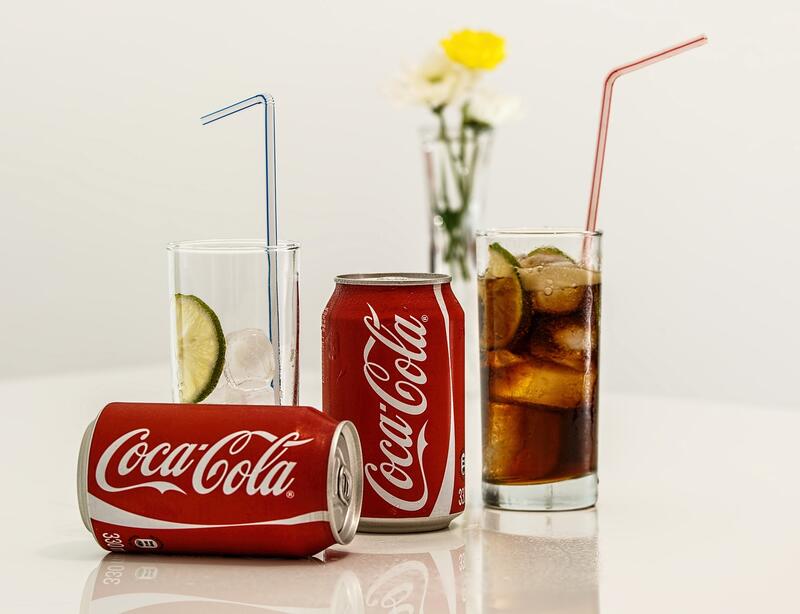From Carbon to Clean: Decarbonizing Manufacture of coke oven products for a Sustainable Tomorrow
This article discusses the decarbonization of the manufacturing process for coke oven products, highlighting the importance of sustainability in the industry's future.

The manufacture of coke oven products is an essential industry that produces coke, a fuel that is used in steelmaking, power generation, and other industrial processes. However, the production of coke is a highly carbon-intensive process that contributes significantly to greenhouse gas emissions. Decarbonisation in the manufacture of coke oven products sector is therefore crucial to mitigate the effects of climate change. This article will explore what decarbonisation is, why it is important, the main sources of carbon emissions in the manufacture of coke oven products sector, how carbon emissions can be reduced, the challenges facing decarbonisation, and the implications of decarbonisation for the sector.
What is decarbonisation in the "Manufacture of coke oven products" sector and why is it important?
Decarbonisation in the manufacture of coke oven products sector refers to the process of reducing carbon emissions associated with the production of coke. This can be achieved through the adoption of cleaner technologies, the use of renewable energy sources, and the implementation of energy efficiency measures. Decarbonisation is important because the manufacture of coke is a highly carbon-intensive process that contributes significantly to greenhouse gas emissions. According to the International Energy Agency, the steel industry is responsible for around 7% of global carbon emissions, with the manufacture of coke accounting for a significant proportion of these emissions.
The main sources of carbon emissions in "Manufacture of coke oven products" sector
The manufacture of coke involves heating coal in an oxygen-deprived environment to produce coke, a fuel that is used in steelmaking. The main sources of carbon emissions in the manufacture of coke oven products sector include the combustion of fossil fuels for heating and the release of carbon dioxide during the chemical reactions that occur during the production of coke. Other sources of carbon emissions include the use of electricity generated from fossil fuels and the emissions associated with the transportation of raw materials and finished products.
How can we reduce carbon emissions in "Manufacture of coke oven products" sector?
There are several ways in which carbon emissions can be reduced in the manufacture of coke oven products sector. These include:
- Adoption of cleaner technologies: The use of cleaner technologies such as carbon capture and storage (CCS) can significantly reduce carbon emissions in the manufacture of coke. CCS involves capturing carbon dioxide emissions from industrial processes and storing them underground, preventing them from entering the atmosphere.
- Use of renewable energy sources: The use of renewable energy sources such as solar, wind, and hydropower can reduce carbon emissions associated with the production of coke. Renewable energy sources can be used to generate electricity for heating and other industrial processes.
- Implementation of energy efficiency measures: Energy efficiency measures such as the use of energy-efficient equipment, improved insulation, and the optimisation of processes can reduce energy consumption and carbon emissions in the manufacture of coke.
- Recycling and reusing waste materials: The recycling and reuse of waste materials such as coke oven gas can reduce carbon emissions by reducing the need for fossil fuels.
What are the challenges facing decarbonisation in "Manufacture of coke oven products" sector?
There are several challenges facing decarbonisation in the manufacture of coke oven products sector. These include:
- Cost: The adoption of cleaner technologies and the use of renewable energy sources can be expensive, and the cost of implementing these measures may be prohibitive for some companies.
- Technical challenges: The implementation of decarbonisation measures may require significant changes to existing processes and infrastructure, which can be technically challenging.
- Regulatory challenges: The implementation of decarbonisation measures may be hindered by regulatory barriers, such as the lack of supportive policies and incentives.
- Lack of awareness: Some companies may lack awareness of the benefits of decarbonisation and may not see it as a priority.
What are the implications of decarbonisation for "Manufacture of coke oven products" sector?
The implications of decarbonisation for the manufacture of coke oven products sector are significant. Decarbonisation can lead to reduced carbon emissions, improved energy efficiency, and increased competitiveness. It can also help companies to meet regulatory requirements and reduce their exposure to carbon pricing. However, the implementation of decarbonisation measures may require significant investment and changes to existing processes, which could impact profitability in the short term. Companies that are able to successfully implement decarbonisation measures may also benefit from improved brand reputation and increased customer loyalty.
Conclusion
Decarbonisation in the manufacture of coke oven products sector is crucial to mitigate the effects of climate change. The main sources of carbon emissions in the sector include the combustion of fossil fuels for heating and the release of carbon dioxide during the production of coke. Carbon emissions can be reduced through the adoption of cleaner technologies, the use of renewable energy sources, and the implementation of energy efficiency measures. However, there are several challenges facing decarbonisation, including cost, technical challenges, regulatory barriers, and lack of awareness. The implications of decarbonisation for the sector are significant, and companies that are able to successfully implement decarbonisation measures may benefit from improved competitiveness and increased customer loyalty.